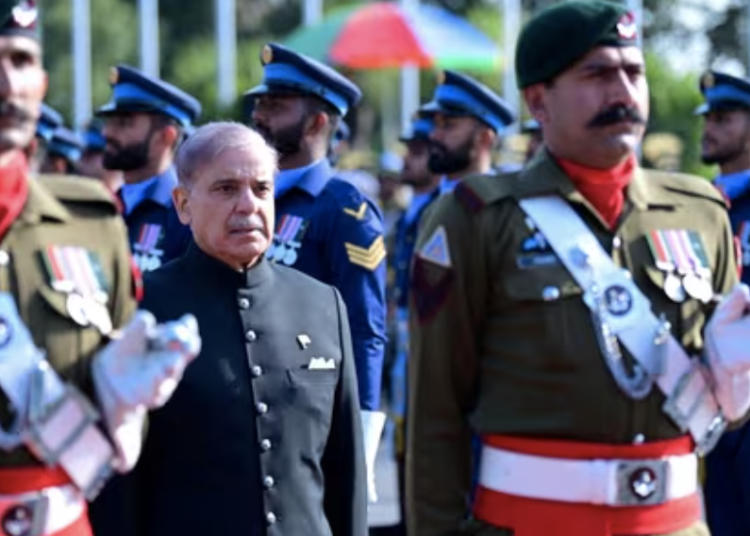In the aftermath of India’s recent general elections, which saw Prime Minister Narendra Modi securing a resounding victory, neighboring Pakistan’s response—or rather, lack thereof—has become a subject of scrutiny and speculation. While leaders from across the globe have extended their congratulations to Modi and his Bharatiya Janata Party (BJP) for their electoral success, Pakistan’s official stance has been conspicuously muted.
The victory of Narendra Modi’s BJP in India’s general elections has drawn both praise and criticism on the global stage. However, amid the chorus of congratulatory messages from world leaders, Pakistan’s response—or lack thereof—has raised eyebrows. While diplomatic niceties often dictate the exchange of felicitations between neighboring nations, Islamabad’s silence regarding Modi’s reelection victory has been notable.
Despite the historical animosity and contentious relationship between India and Pakistan, diplomatic norms typically dictate the exchange of formal congratulations on such significant occasions. However, Pakistan’s conspicuous silence has fueled speculation about the current state of bilateral relations and the prospects for future engagement between the two nuclear-armed neighbors.
The absence of an official congratulatory message from Pakistan has not gone unnoticed, particularly given the heightened tensions and sporadic clashes along the Line of Control (LoC) in the disputed region of Kashmir. The lack of diplomatic overtures from Islamabad has added another layer of complexity to the already strained relations between the two South Asian nations.
While some analysts argue that Pakistan’s silence may be a calculated diplomatic move, others perceive it as a reflection of the deep-seated mistrust and animosity that continue to define Indo-Pak relations. The absence of a congratulatory message from Pakistan underscores the challenges and complexities that continue to characterize the relationship between the two nuclear-armed neighbors.
In response to queries regarding Pakistan’s stance on Modi’s reelection victory, officials have offered vague and non-committal statements, further fueling speculation about Islamabad’s motives and intentions. The reluctance to extend formal congratulations has only served to deepen the sense of uncertainty surrounding the future trajectory of Indo-Pak relations.
As the dust settles on India’s general elections and Narendra Modi prepares to embark on his second term as Prime Minister, the absence of a congratulatory message from Pakistan serves as a stark reminder of the enduring enmity and unresolved issues that continue to cast a shadow over bilateral relations. In the absence of meaningful dialogue and diplomatic engagement, the prospects for peace and stability in the region remain uncertain.








 India
India












